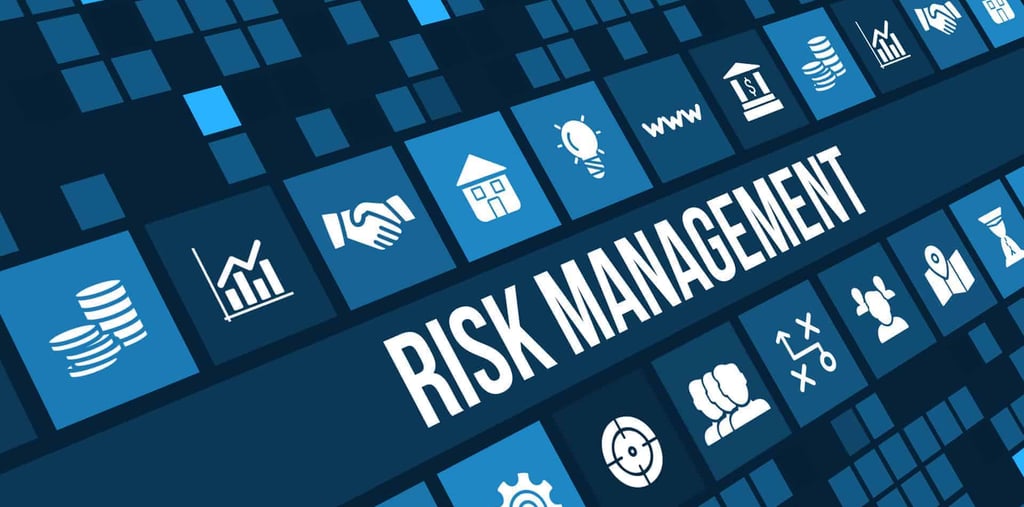
The Role of a Governance Compliance & Risk (GRC) Manager in Overseeing Risk Management
RISK MANAGEMENT


As businesses navigate an increasingly complex and ever-changing regulatory landscape, the need for effective governance, compliance, and risk management becomes paramount. This is where a Governance Compliance & Risk (GRC) Manager plays a crucial role. In this blog post, we will explore the responsibilities and importance of a GRC Manager in overseeing risk management.
What is Governance Compliance & Risk (GRC)?
Governance Compliance & Risk, commonly referred to as GRC, is a framework that helps organizations manage their overall governance, risk, and compliance processes. It involves establishing and implementing policies, procedures, and controls to ensure adherence to legal and regulatory requirements, ethical standards, and industry best practices.
The Role of a GRC Manager
A GRC Manager is responsible for developing, implementing, and maintaining an effective GRC program within an organization. Their primary focus is to identify, assess, and mitigate risks that could impact the organization's operations, reputation, and compliance with laws and regulations.
Some of the key responsibilities of a GRC Manager include:
Risk Identification and Assessment: The GRC Manager works closely with various departments to identify and assess potential risks. This involves conducting risk assessments, analyzing internal and external factors, and developing risk mitigation strategies.
Compliance Management: Ensuring compliance with applicable laws, regulations, and industry standards is a critical aspect of a GRC Manager's role. They monitor regulatory changes, update policies and procedures, and educate employees on compliance requirements.
Policy Development and Implementation: A GRC Manager develops and implements policies and procedures that align with the organization's objectives and regulatory requirements. They establish controls and monitor adherence to these policies to minimize risk.
Internal Control Evaluation: GRC Managers evaluate the effectiveness of internal controls to identify any weaknesses or gaps. They recommend and implement improvements to strengthen the organization's control environment.
Training and Education: To promote a culture of compliance and risk awareness, GRC Managers provide training and education to employees. This includes conducting workshops, creating awareness campaigns, and facilitating knowledge sharing sessions.
The Importance of a GRC Manager
A GRC Manager plays a crucial role in ensuring that an organization operates in a compliant and ethical manner while effectively managing risks. By overseeing risk management processes, they help organizations identify potential threats, minimize vulnerabilities, and seize opportunities for growth.
Some key benefits of having a GRC Manager include:
Enhanced Compliance: A GRC Manager ensures that the organization complies with applicable laws, regulations, and industry standards, reducing the risk of legal and financial penalties.
Improved Risk Management: By identifying and assessing risks, a GRC Manager helps the organization proactively manage potential threats and vulnerabilities, minimizing the impact on operations and reputation.
Streamlined Processes: Implementing a well-defined GRC program improves the efficiency and effectiveness of processes, reducing redundancies and ensuring consistent practices across the organization.
Strengthened Stakeholder Trust: A robust GRC program instills confidence in stakeholders, including customers, investors, and regulatory bodies, by demonstrating the organization's commitment to ethical conduct and risk mitigation.
In conclusion, a Governance Compliance & Risk (GRC) Manager plays a critical role in overseeing risk management within an organization. By identifying and mitigating risks, ensuring compliance, and promoting a culture of risk awareness, they contribute to the organization's long-term success and sustainability.


